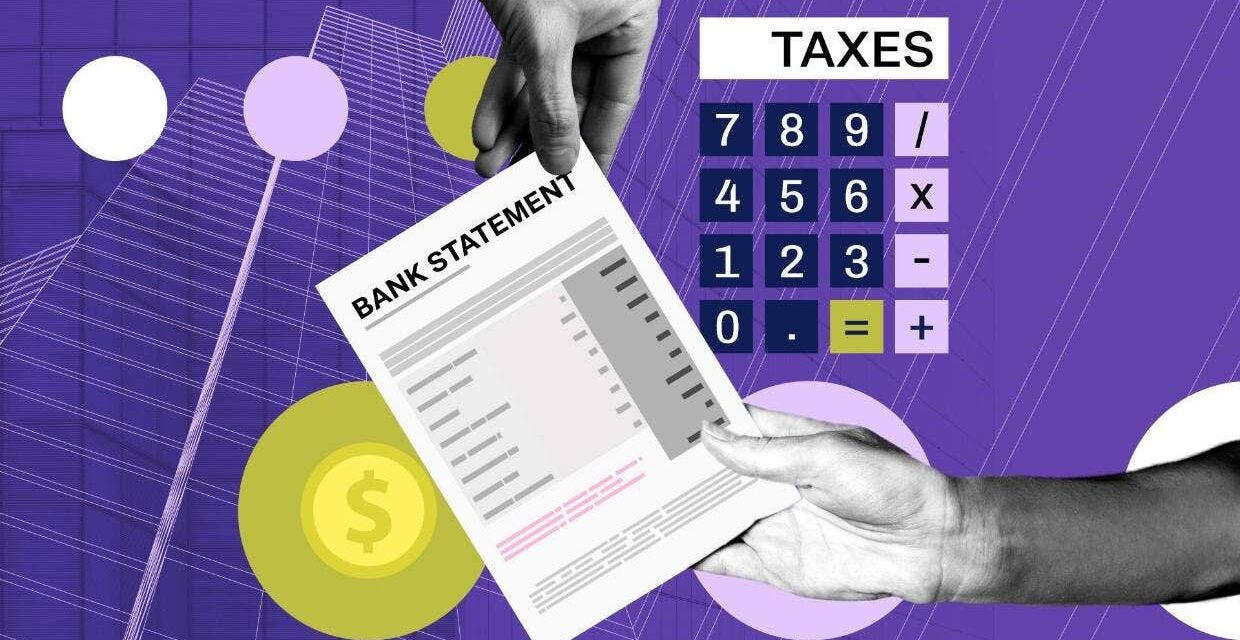Author Katrina Shanks, CEO Financial Advice NZ Article originally published in Stuff.co.nz.
OPINION: Petrol tax, flood tax, tax relief, tax brackets, taxing banks’ excess profits, income insurance tax, GST changes for digital platforms … there’s certainly a lot of talk about tax right now.
Some of it’s because it’s election year, some of it’s around the cost of living, some of it concerns recent weather events, some it’s Government policy changes. Some of it’s ongoing work, some of it’s one-off.
And among it all, there’s the one constant that pops up at this time every year: the end of the tax year.
Which means it’s time many of us need to be thinking about gathering our earnings and expenses details and look to file a return.
The aim is that you pay the right amount of tax at the right time so you don’t overpay during the year or have a bill to pay at the end of the year.
But not everyone has to think about what they earned and what expenses they can claim on. This is because most people pay tax as they earn (PAYE), with employers taking the tax before they are paid. And because you are employed by someone, generally your expenses associated with that work are already paid, so you can’t claim (though there are exceptions).
It works like this:
Sometime shortly after March 31, IRD will send you one of the following:
- An automatically issued income tax assessment telling you if you have paid the right amount of tax, have a refund, or tax to pay. This will arrive in May or June.
- A request for you to provide or confirm information about your income. This will arrive between May 28 and June 4.
- A request to complete your individual income tax return – IR3. This will arrive between March 22-28.
Tax to pay or a refund
If you get an income tax bill this year when you haven’t previously there could be any of a number of reasons, including your income changed a lot during the year, some of your income was not taxed correctly (you used a wrong tax code or your investor rate was too low for your KiwiSaver or other investment income), or you received an extra pay in the tax year.
If you do get a bill, there’s no need to panic because you’ll have till February 7 of the following year to pay it. But if you’re going to have trouble meeting that, contact IRD, who are always happy to discuss a time payment plan. The key is to talk to them early.
If IRD works out you are due for a refund, you will be paid this between the middle of May and the end of July.
Claiming expenses
Come March 31, you can claim expenses depending on what type of income you receive. This will reduce your income, which lowers the amount of tax you need to pay.
If you’re self-employed or a contractor you may be able to claim expenses such as your home office (worked out according to the proportion of your home it comprises), your car, travel, and depreciation on goods you own for that business.
If you earn income that’s already taxed – salary, wages or investment income – there are several sorts of expenses you can claim.
They include:
- the cost for an accountant to complete and file your income tax return or assessment.
- the cost of income protection insurance, as long as the income would be taxable.
- commission on your interest and dividend income (but not bank fees).
- interest on money you’ve borrowed to invest, as long as that investment would produce taxable income.
- interest paid for late payment of tax.
You can claim for these in your end-of-year assessment under ‘non business expenses’. If you receive an automatic income tax assessment, you can add these expenses in your myIR account. You may be asked to provide invoices or receipts.
Claiming tax credits for donations
One thing you can claim for, no matter where your income comes from, is donations.
You can claim 33.33 cents for donations of $5 or more you personally made to approved charities and organisations, as long as it does not provide any direct benefit to you or your family.
You also claim for donations to most schools and parent-teacher associations. But you cannot claim for things such as tuition, private school, or exam fees.
You can claim only up to the same amount or less than your taxable income during the year, but if your total donations were more than your taxable income, you can split your donations with your spouse or partner. You would claim up to your amount of taxable income and your spouse or partner would claim the rest, up to their amount of taxable income.
You can claim donations up to four years after you made it, but you’ll need receipts or other proof.
Other income
If you are part of New Zealand’s flexible and on-demand workforce who have multiple short-term or part-time jobs (now commonly called gigs), you need to plan carefully when it comes to tax.
While this growing type of self-employment usually supplements some other form of higher income, and has benefits such as choice and variety and flexibility in pay and hours, you’re not usually covered by guarantees such as the minimum wage and there’s often no job security.
Many self-employed people are sole traders, and if that’s you, there are a few different requirements when it comes to paying tax (and which also enable you to claim expenses and GST). BusinessNZ have useful advice on their website.
Only one thing is certain if this is you: you have to pay tax on all your jobs, and you have to sort this yourself (unless your employer is deducting the correct tax or withholding tax).
The best advice anyone can give is to make sure you set aside money for tax from every pay – and don’t touch it. Because, sometime after March 31, you will get a notice from IRD asking for tax on your earnings.
And make sure you keep records and all your receipts.
As my financial adviser would say – understand your obligations and ensure you have access to the funds come March 31.
<end>









